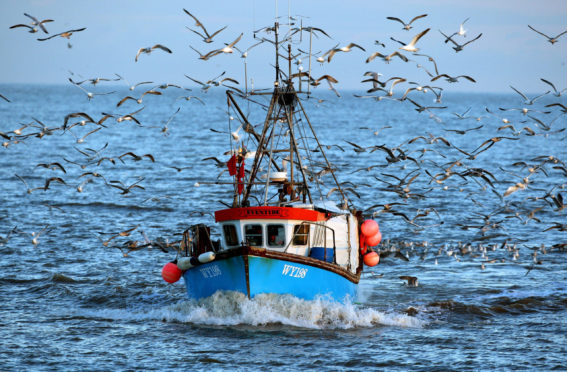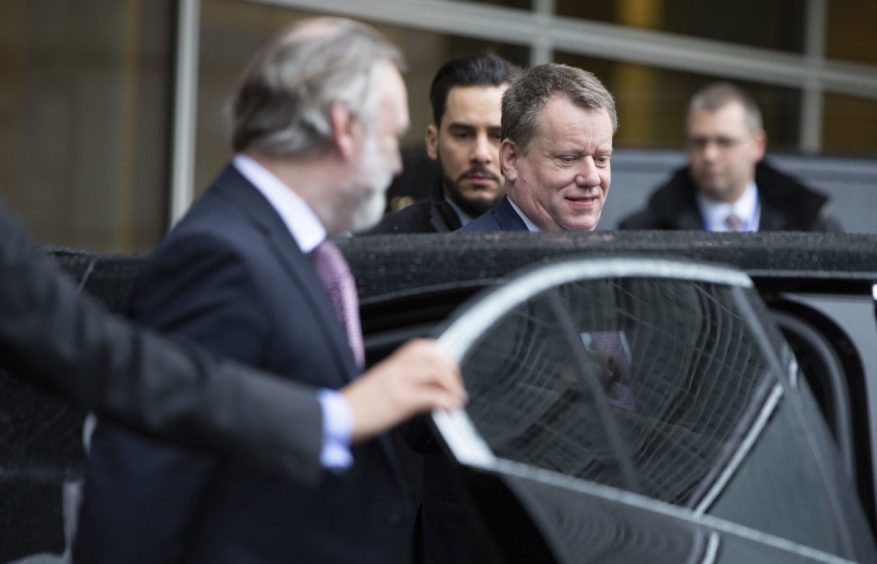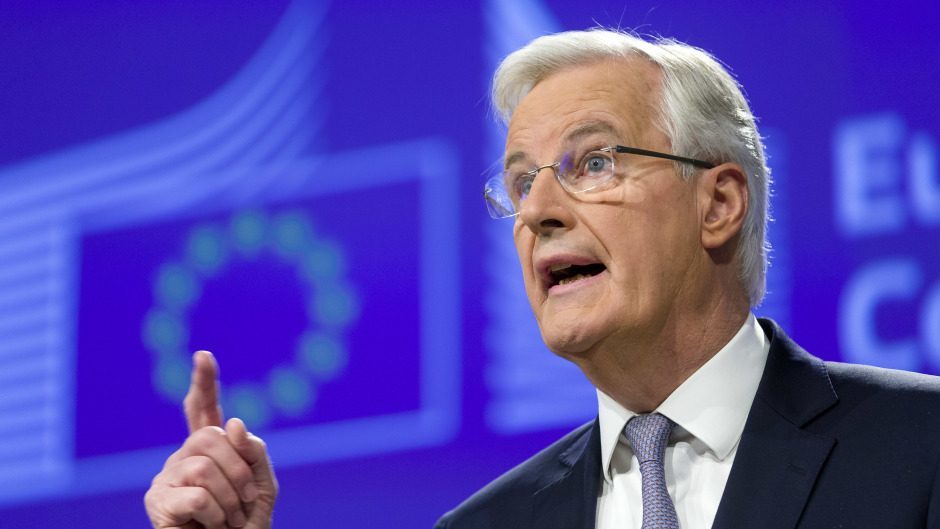Britain “might not” reach agreement with the European Union on post-Brexit fishing access before the June negotiation deadline, MPs have heard.
The UK’s chief trade negotiator, David Frost, told the Brexit committee it would be “very difficult” to reach an agreement in the final round of trade talks next week due to the EU’s continued demands for reciprocal access to UK waters.
Mr Frost said there had been “one or two signals” that the EU could compromise, but warned the current demands were “not a runner for us”.
The comments came as EU chief negotiator Michel Barnier revealed that his side is “open” to a two-year Brexit delay if deadlock continued.
In a letter to SNP Westminster leader Ian Blackford, the diplomat has said an extension to the Brexit transition period is available if the UK wants it.
Mr Barnier, writing to Mr Blackford, said: “Such an extension of up to one or two years can be agreed jointly by the two parties.
“The European Union has always said that we remain open on this matter.
“Any extension decision has to be taken by the Joint Committee before July 1, and must be accompanied by an agreement on a financial contribution by the United Kingdom.”
Mr Frost, appearing before MPs this afternoon, dismissed the offer, however.
“The firm policy of the government is that we will not extend the transition period and if asked, we would not agree to it. I take that as a given”, he said.
He added: “I think the EU is still coming to terms with the fact there is a large country in Europe that doesn’t want to be part of the EU structure or relate to the EU as the centre of its activity.
“Some member states have come to terms with that reality more quickly than others, but it is a reality and if we’re going to get an agreement it’ll have to be understood on the EU side.”
Mr Frost, addressing the issue of fisheries, said unless the EU shifts its position there would be no agreement.
“Michel Barnier has to work within the mandate that was given to him by member states; they, in their wisdom, decided that the opening pitch for this should be that as far as possible the common fisheries policy should continue after we left, just as it does while we were a member.
“We find that a bit unusual because in many other areas they tell us nothing can be the same after you’ve left the EU; rightly so, it is different – but fisheries seems to be the one exception to that.”
He added: “At the moment it seems very difficult to get beyond these issues of principle and I’m beginning to think we might not make it by June 30.”
The next, and final, round of talks between the UK and EU teams is on June 1, after that meeting it will be for the UK and EU’s political leaders to sign off on the agreement “at some point in June”.
If a deal is not reached by June 30, which is the final date on which an extension to the Brexit transition period can be agreed, the UK would leave the EU in December without a deal.





